Projects and Research
Dania Academy takes part in a number of development projects involving both the actual study programmes, didactics, and for instance innovation. The academy faces a number of development projects in cooperation with companies, organizations, municipalities, regions, and across borders.
Development projects are a natural part of the work at Dania Academy.
Education develops in accordance with development in society in general. The content of each study programme is likewise reflected in what is going on in Denmark and the rest of the world.
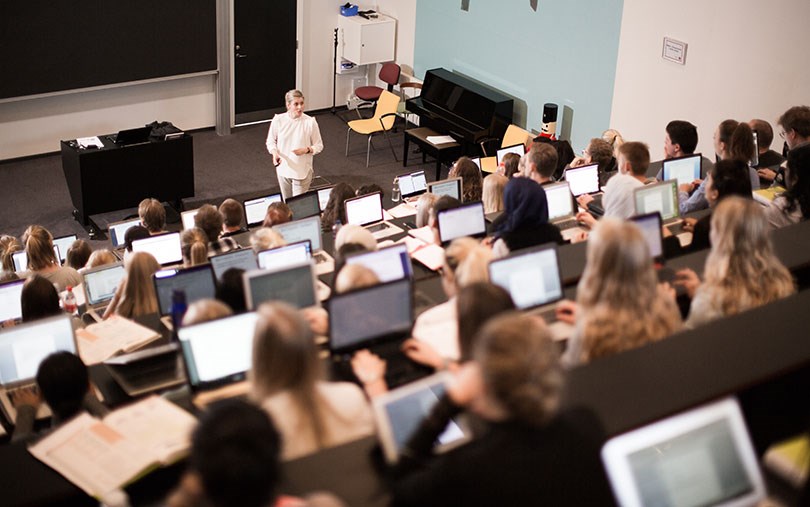
Business Models post-COVID in the hospitality sector
The Corona pandemic has struck a significant blow to the global economy. Currently, there are few enterprises that have not been heavily affected by the pandemic, and it poses a significant challenge to the current business model paradigm held throughout several industries. This holds especially true for the hospitality sector, where hotels, airline companies and other operators have seen a dramatic plunge in the number of customers and revenue. The question that remains is how this pandemic has affected, and will continue to effect, the way the hospitality companies operate their business; the latter is what we wish to explore, and to that end develop learning and educational materials in a cooperation between the three institutions in this project.
The three organizations involved are:
- Dania Academy. One of Denmark's higher education institutions with 26 different educational directions
- HOTEL SCHOOL Hotel Management College (Vocational - initial and continuing in Latvia). Experienced in VET and adult education of various levels for local and international students
- "Meet in Reykjavik". The official Convention Bureau for Reykjavik City and surroundings.

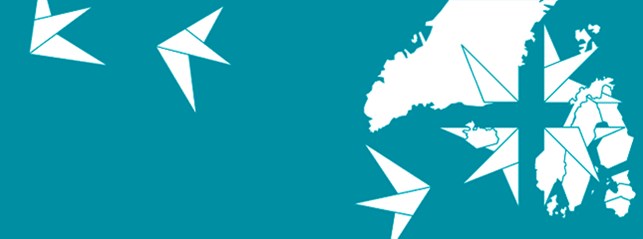
Purpose of the project
The overall purpose of the project is to develop teaching and learning materials in the hospitality sector (with a focus on hospitality management and business) considering Covid-19’s impact on business models in the Nordic/Baltic countries.
The project idea is to investigate the impact caused by the Corona pandemic on the current hospitality market, and how this will shape the markets in years to come. Our basic assumption is that the disruptive nature of the pandemic will challenge current business models, and in that process the underlying business model paradigm that has prevailed for several decades in the hospitality sector. We expect that sustainability and an increased focus on aligning future business models with sustainable goals is to be expected. Thus, a focus on future business models post Corona will also focus on how hospitality companies can work more sustainably in the future.
For mere information om projektet eller ved spørgsmål, kontakt:
Sustainable Hospitality Digital Toolkit
The project is a collaboration between six European educational institutions and runs as an Erasmus+ project.
The aim is to develop the competences of the partners involved in teaching sustainable digitized measures in the experience industry and at the same time give employees who already work in the experience industry the opportunity for online digital competence development. Proximity to practice is therefore central in connection with the development of material and activities in the project.
Specifically, the project aims to:
Develop a handbook on sustainable digitization of hosting, which can be used both in connection with teaching and further training of employees in the industry.
In addition, a digital course must be developed for the course 'Sustainable Hospitality Digitalisation Toolkit' with teaching and learning resources for education and this must be supported by a series of webinars, the purpose of which is to support the use of the handbook and course material in basic education and further education.
Finally, there is a focus on the fact that the developed material generally increases awareness and thus promotes the need for increased digitization skills in experiential education and the experiential industry.
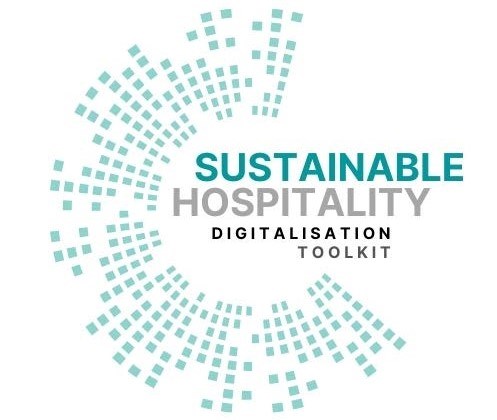
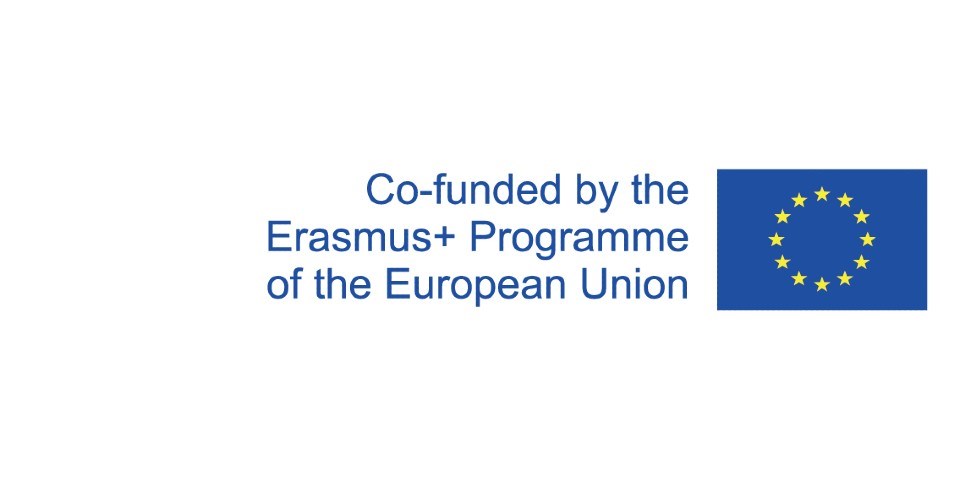
The collaboration partners in the project are, in addition to Erhvervsakademi Dania – the following educational institutions:
SIA "HOTEL SCHOOL" - Lithuania
City Unity College Nicosia – Cyprus
Italian Hospitality School SRL – Italy
In addition, two partners who primarily focus on building and implementing the digital platform to be used for education and training of digital sustainable skills are participating:
INERCIA DIGITAL SL – Spain
DigitalGuest APS – Sweden
For mere information om projektet eller ved spørgsmål, kontakt:
Using sustainable e-sport events in a tourism context
By and large, the prevailing amount of peer-reviewed literature on esports and the hospitality sector is scarce, and most of the research conducted within this field has a predominantly technical focus. The prevailing literature on esport and hospitality can roughly be divided into three overall themes:
1) focus on the spectator,
2) the nature of esport vs “real” sport and finally
3) esport in a tourism setting.
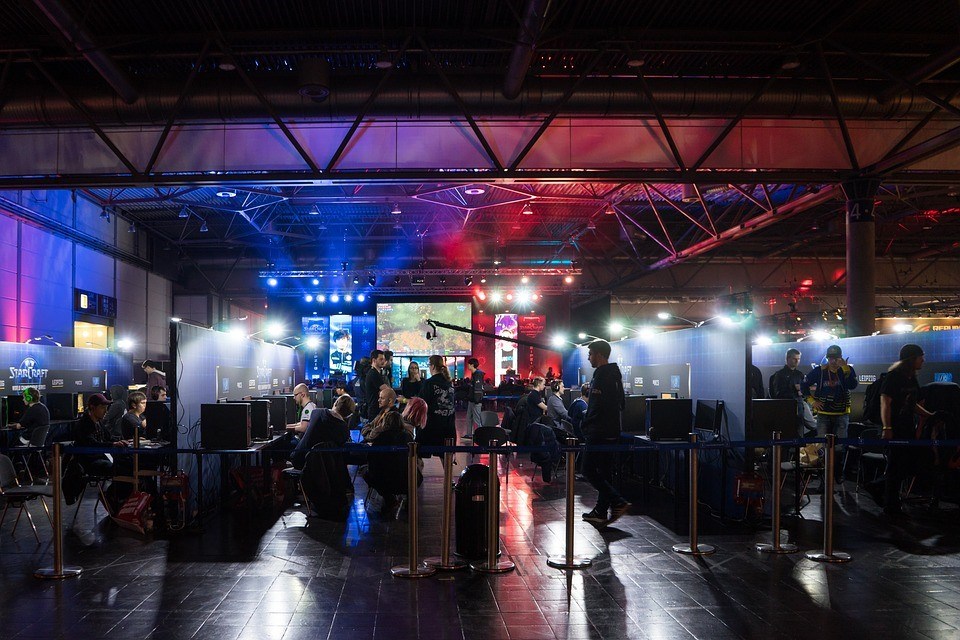
The one topic which has gained most attention, is research exploring the experience of the spectator. Here researchers have explored the effects of Flow theory on the spectators (J. Kim & Kim, 2020) and found that several issues affect the Flow experience of the spectator, whilst others have focused on the ever increasing opportunities that technology presents in order to make the spectator experience more interactive (Stahlke et al., 2018). In alignment with the interactive technological focus that (Stahlke et al., 2018) has proposed, (Sturm, 2020) seeks to investigate the possibilities that arise in further immersing the spectator to a degree, so that they become an active part of the event. Finally (Qian et al., 2020) focused on the motivational aspect of watching esport events and concluded that there are several motives which signify high or low attendance motivation. Collectively, the research on spectator experience has tried to enhance the understanding of the primary “customer” of esport events and sought to understand both the current and future experience of the spectator.
The second overall theme is the ongoing discussion on whether esport can be considered as a “real” sport. (Funk et al., 2018) examined this by setting certain criteria by which to compare “real” sport with esport. Their conclusion is that esport, by living up to the set criteria they defined, is to be considered as a sport alongside the traditional types of sport. The same researchers (Pizzo et al., 2018) subsequently analyzed the same topic in South Korea and concluded once again, that esport and “real” sport are very similar, since they are consumed in a similar sense by the spectators. Using the same method as (Pizzo et al., 2018), (Hallmann & Giel, 2018) also tried to compare “real” sport with esport using fixed criteria, however reaching a different conclusion. The absence of a physical element in esport led them to the conclusion, that it is not comparable to “normal” sports activities.
The last and least researched theme is esports in a tourism perspective. (Dilek, 2019) establishes that
esports events can be considered as special events tourism and can be a primary motivator for thousands of people to travel, creating a new marketing landscape within the tourism paradigm.
Furthermore, (Y. H. Kim et al., 2020) found that the economic impact by esports is significant for a destination and that government strategic plans and investment should be considered for strategic development of esports. Esport events attract tourists and thereby generate job opportunities, investments in specific destinations, positively impact economic development, and improve the brand value of host cities (Y. H. Kim et al., 2020).
It should be noted that none of the literature concerning esport and hospitality had a focus on sustainability or City Branding.
The purpose of the project
Based on the literature review we find a substantial lack of research into esports and hospitality – especially when it comes to esports as a new special interest tourism for cities and destinations to consider in terms of tourism growth and city branding.
For centuries sports events have been a major motivator for spectators to travel near and far to experience athletes competing against each other in various sports. Esports events – in many aspects comparable to “real” sports – have the same potential as a tourism motivator. This is a potential new market for tourism destinations to explore and utilize for attracting tourists and for destination or city branding.
The focus of the research project will be to look into this in a Danish context. Specifically, the municipality of Randers and surroundings. Denmark, being a country with several advantages when it comes to hosting esports events (IT-infrastructure, venues, knowledge, professional esports teams, etc.), could put itself on the map as an esports nation and thereby attract tourists. This is already on the political agenda. In 2019 the Danish government established a pool of 10 million Danish kroner to strengthen Denmark’s position as a leading esports nation (Erhvervsstyrelsen, 2019) and the Danish Ministry of Culture has established a panel to come with recommendations for how to expand esports in Denmark (Kulturministeriet, 2019).
The role of sustainability in the project
Before writing this application, we conducted an online feedback session with representatives from the public and private business sector. The participants included directors of Danish DMO’s, researchers from other Business academies, actors from the private tourism sector, and finally representatives from public organizations and municipalities. In their opinion, the connection between esport as a new special interest tourism trend, and destination marketing/city branding, was interesting and relevant, as this topic had not gained any focus in a Danish context. Several of the participants stressed however, that the topic of sustainability needed to be addressed, as esport is inherently not sustainable (in many ways the opposite) due to vast energy consumption incurred during the events. This would pose a serious threat to the purpose of using esport as a city branding tool. If this project was to have any success, the element of sustainability, and especially integrating specific technical solutions in the esport events in order to make it as sustainable as possible, was a crucial success factor.
Læs mere her:
For mere information om projektet eller ved spørgsmål, kontakt:
Volunteerism and value in hospitality organizations
Before embarking on the project, a literature review was conducted. It disclosed that the amount of prevailing literature on the specific research topic is very scarce. Overall, we found that the bulk of research within the field of value and volunteerism concerned the economic value that volunteers contributed with.
Our focus however, is to examine the overall value that volunteers bring to
1) The local DMO’s and tourism operators,
2) The tourist that visit the destination and
3) The volunteers themselves.
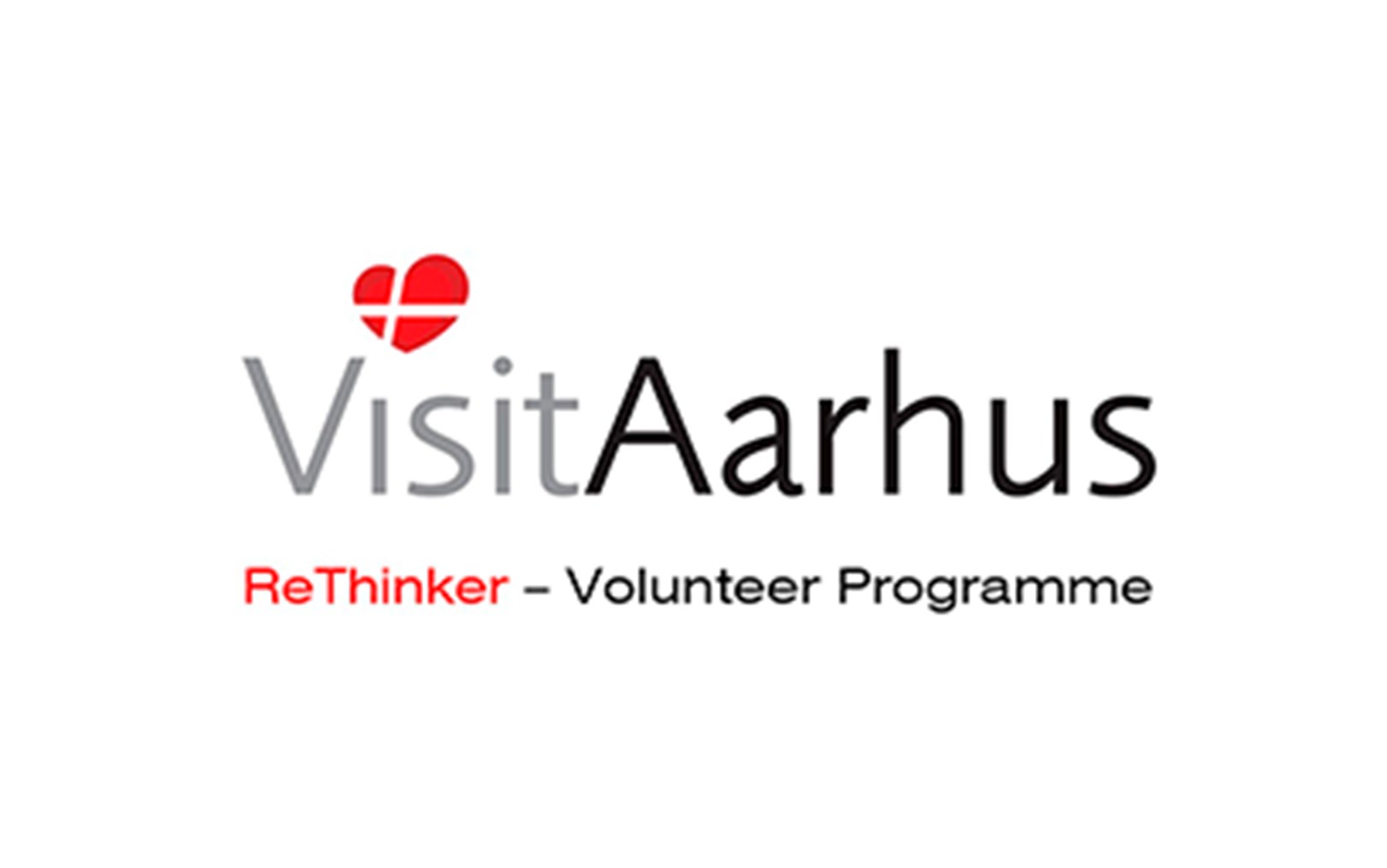
In a close collaboration with one of the leading DMO’s in Denmark, Visit Aarhus, we will be interviewing respondents from the above-mentioned target groups. This will include both qualitative interviews and quantitative surveys in a mixed methods approach.
Læs mere her: https://www.eaviden.dk/project/volunteerism-and-value-in-hospitality-organizations/